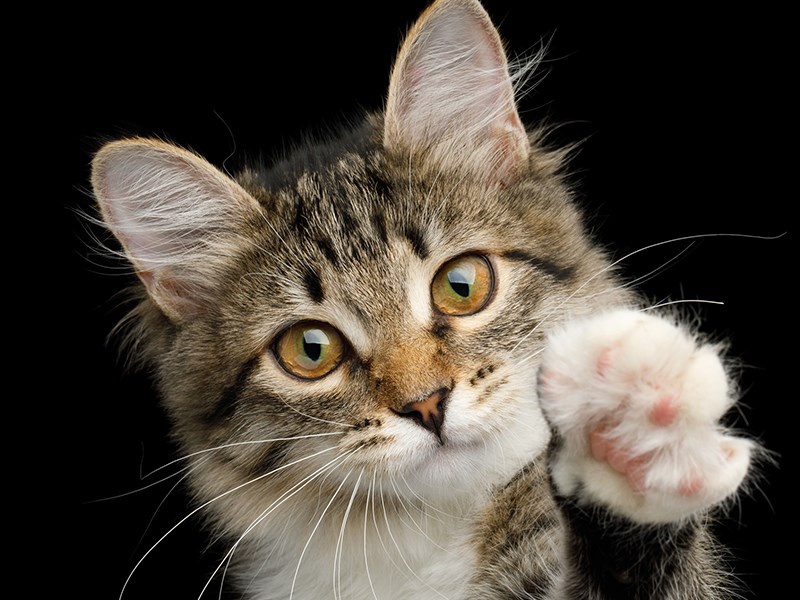How green is your pet? Your furry or feathery friends accumulate more than dust bunnies around the house. Before you know it, you can be tripping over their plastic toys, empty food bags or exercise balls.
We want to pamper our pets, but does that have to mean trashing the planet?
Just how big is your pet’s paw print? According to recent estimates, dogs and cats may be responsible for up to a quarter of the greenhouse gas emissions caused by animal agriculture, and that is just for the production and transportation of their food.
Beyond that, many seemingly fun animal toys are plastic heavy, and that does not even account for their ample packaging.
So, what to do? How can we reduce the impact our animal companions inadvertently have on the planet?
In the natural world, all critters are able to live in balance with their surroundings. Nothing goes to waste. Somehow, when we bring these beloved beings into our homes, they get out of equilibrium with the earth.
The good news is that there are ways to raise an environmentally conscious pet, or should we say pet owners?
Here are a few healthy habits to introduce to help “green” your pet:
-
Buy quality meat from a local butcher. Bring your own reusable container to further reduce waste.
-
Favour toys made of natural materials such as sinew, feathers, bone, hemp rope, organic cotton and cardboard.
-
Reuse items from the recycling or things on their way to the thrift store, upcycling them into pet toys, blankets and beds.
-
Spend time with, rather than money on, your pets.
-
Use litter made from newspaper, pressed sawdust or the like, rather than absorbent, synthetic pellets.
-
Avoid plastic poop bags, including compostable plastic bags. Instead, train your pet to go off trail or bury their waste for them, where appropriate.
-
Purchase a backyard digester for animal waste. The Green Cone is dug into the ground and has a basket base. Waste is digested by microorganisms in the soil with little to no odour created. The leachate produced is able to feed surrounding plant roots. Contact [email protected] by April 20 to be added to a bulk order ($150 per unit).
Helping your pet come back into balance with its surroundings is “purrfectly” possible and may even result in a happier, healthier family friend as you reduce its exposure to chemicals and increase the freshness and quality of its diet.
Let’s Talk Trash is Powell River Regional District’s waste-management education program.



